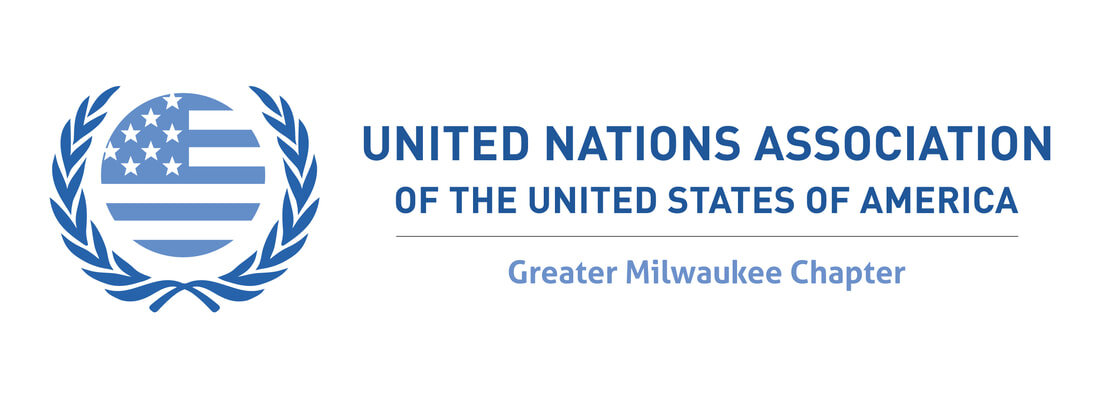THE UN TREATY TO PROHIBIT NUCLEAR WEAPONS NEARS RATIFICATION
by Pam Richard
The Treaty for the Prohibition of Nuclear Weapons is as important as other UN treaties that ban weapons of mass destruction, such as bans on biological and chemical weapons.
Countries that ratify the treaty agree to ban nuclear weapons: their use, development, testing, production, acquisition, transfer or threat to use. These nations will also cease engaging in military preparations or transit involving nuclear weapons in their territory. Countries housing nukes of a foreign country must remove those weapons.
The United Nations General Assembly adopted the ban in July 2017, with the vote of 122 countries. This demonstrates the will of the world’s people to eliminate nukes. No nuclear armed countries voted in favor, and none would be bound by the obligations of the treaty.
This stronger treaty is needed to overcome the failure of the 1970 Nuclear Non-Proliferation Treaty: nuclear armed countries refused to negotiate to dismantle their own weapons.
The Nuclear Ban Treaty will enter into force 90 days after the 50th country indicates its approval or ratification. Presently 46 countries have ratified and more are expected to announce ratification by the end of 2020, plus 42 countries are signatories and thus good possibilities for ratification.
Public treaty support is overwhelming in many countries, for example, 64.7% of Americans, 79% of Swedes, 75% of Japanese, and 68% of Germans. Many parliamentarians, physicians, scientists, investors and anti-nuclear organizations are pushing to abolish nuclear weapons.
Showing our support through the United Nations Association will help increase the treaty’s legitimacy. Passing the treaty will move us on the path toward disarmament and end the threat of nuclear war.
